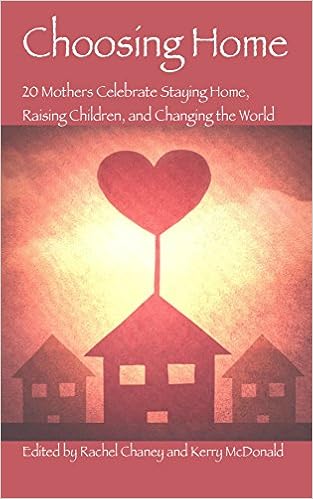I recently read William Golding’s classic 1954 book, Lord of the
Flies, to Jack (age 9). Unschooling is often cartoonishly characterized by
critics as a 'Lord of the Flies' environment, where chaos ensues. In the story,
young boys stranded on a deserted island devolve into tribalism and savagery.
There is an important difference between freedom and chaos.
With freedom, comes responsibility; without that responsibility, and the
fetters it naturally creates, chaos could reign.
In the book, the absence of adults to model and nurture
responsibility is palpably felt. Adults matter to children. They guide,
protect, tend, reassure, and mediate. The lack of calm, care, and stability
that adults offer children is what ultimately triggers the boys’ downfall. Of
course, the great lesson from this great book is that it isn’t just children
who would descend into brutality when calm, care, and stability are missing; it’s
all of us.
Unschooling requires a significant adult commitment and
ongoing role. Whether they are unschooling parents or educators working in a self-directed
learning center or unschooling school, adults are central to unschooling’s
success. They hold the space for children, maintain calm, and tend to their
needs. They facilitate children’s self-directed learning by identifying and supporting a child’s
interests and connecting those interests to available resources.
Most importantly, adults model freedom and responsibility. Unschooled children are granted tremendous freedom in their lives and in their learning,
but they must also assume responsibility – for their actions and for their
interactions. For example, most of the unschooling centers and schools that I
visited while researching my forthcoming ‘Unschooled’ book, have clear
expectations for clean-up and chores, for acceptable behaviors and obligations.
In some cases, these expectations are drafted by the children themselves, in community
with adults, as part of their school’s philosophy of democratic
self-governance. In other cases, they are established by the adults running
the space and agreed to by the young people who attend.
Similarly, most unschooling families have explicit or
implicit expectations for freedom balanced by responsibility in their own homes
and communities. My children have chores and responsibilities, just as we
adults do, in contributing to the smooth functioning of our shared home. We
also all try to live and learn respectfully with one another and in accordance
with our own values.
The responsibility component to freedom is
what enables us all to live peacefully and respectfully in a community with
others. It is what prevents us from the chaos of the lost boys on the island. As
the 20th century Nobel prize-winning economist, Friedrich Hayek,
wrote in The Constitution of Liberty: “Liberty not only means that the individual has both the
opportunity and the burden of choice; it also means that he must bear the
consequences…Liberty and responsibility are inseparable.”
Freedom, as Lord of the
Flies so vividly shows, is the easy part. Responsibility is far more
difficult to define, demonstrate, and tend to--for unschoolers and for all of us.
---


































